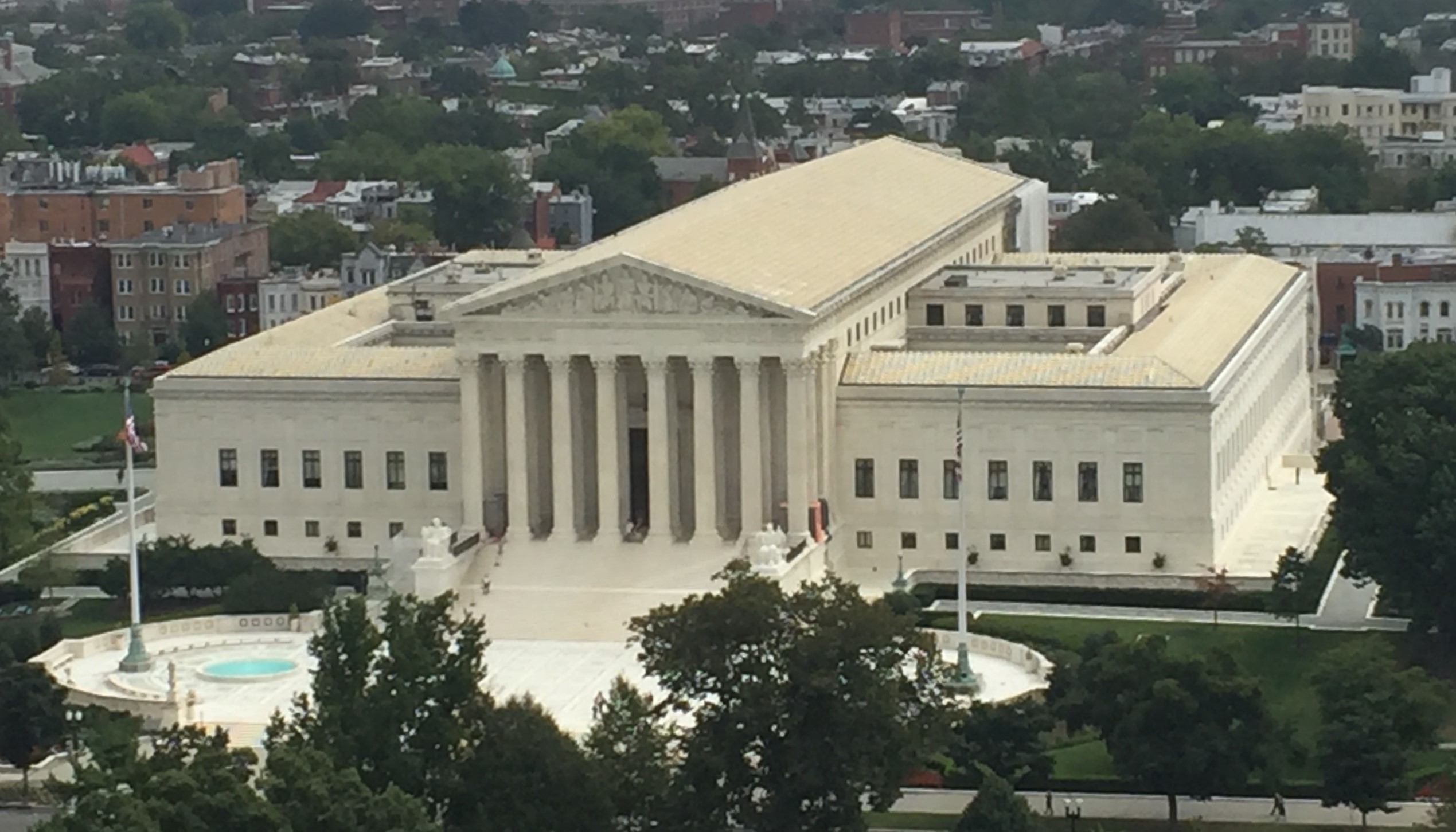Appellate courts act as basic support points inside the legal system, entrusted with reviewing decisions delivered by lower courts. A top-to-bottom cognizance of the protocols and processes overseeing appellate courts is irreplaceable for appeal lawyers, empoweringthem to proficiently explore the complexities of the appeals process.
Appellate Jurisdiction and Review
Appellate courts work inside a restricted locale, essentially zeroing in on the review of decisions radiating from trial courts. Prominently, they don’t direct new trials or present new evidence; rather, their role is to survey whether legal errors happened during the trial that might have impacted the outcome.
The criminal appeal lawyers should be capable of identifying these errors, as doing so lays the basis for building a strong case on appeal.
Documenting a Notification of Appeal
Starting the appellate process requires the documenting of a notification of appeal, filling in as formal notification to both the appellate court and the restricting party regarding the purpose of to appeal. This pivotal report should be submitted within a specified period ensuing the trial court’s decision.
Complying with these severe cutoff times is basic for the appellate attorneys, as it protects their clients’ appellate rights and guarantees consistency with procedural necessities.
Record Aggregation and Briefing
Upon the documenting of the notification of appeal, the appellate court attempts the arrangement of the trial court record, incorporating records, shows, and appropriate rulings. The appellate attorneysinfluence this thorough record to pinpoint appellate issues and carefully make their appellate briefs.
These briefs act as vehicles for introducing fitting legal arguments supported by significant case law, accordingly reinforcing their situations on appeal.
Oral Arguments
In specific occurrences, appellate courts manage the cost of the opportunity for oral arguments, wherein lawyers communicate their viewpoints before a board of judges. This intelligent gathering empowers appeal lawyers to explain their arguments, answer requests presented by the judges, and intensely advocate for their clients’ situations continuously. Effectively utilizing oral arguments can significantly upgrade the enticing impact of an appellate show.
Appellate Decision
Following a thorough review of the briefs and oral arguments, the appellate court issues a composed decision outlining its discoveries and legal reasoning. This decision might involve confirming, switching, or remanding the trial court’s decision given the meaningful benefits of the appeal.
The appellate attorneys fastidiously investigate these decisions, strategically knowing ensuing game plans, like chasing after appellate review from a higher legal power if considered significant.
Challenges and Strategies
Participating in appellate practice presents a variety of challenges, enveloping intricate legal issues, severe procedural principles, and the basics for enticing advocacy. The appeal lawyers must capably explore these challenges through the execution of effective strategies, including extensive legal research, careful brief composition, and compelling oral advocacy.
By utilizing these strategies, they can situate themselves well to accomplish successful outcomes for their clients on appeal.
Role of Federal appeal lawyers
Federal appeal lawyers specialize in handling appeals inside federal courts, enveloping the US High Court and federal appellate circuits. Having a top-to-bottom understanding of federal laws, procedural subtleties, and restricting precedents, federal appeal lawyers are crucial resources in exploring complex federal appeals. Their specialized expertise empowers them to explore the complexities of federal appellate practice with accuracy and adequacy.
Role of Criminal appeal lawyers
Conversely, criminal appeal lawyers focus on appellate issues inside the domain of criminal law, advocating for clients seeking to challenge convictions, sentences, or other antagonistic rulings. Outfitted with a nuanced understanding of criminal law standards, sacred rights, and appellate strategies, criminal appeal lawyers proficiently explore the complexities intrinsic to criminal appeals.
Their capability to explore the interplay between meaningful criminal law and appellate practice prepares them to advocate for their client’s rights and seek after good outcomes on appeal overwhelmingly.
Conclusion: Banding together with Brownstone Appeal Lawyers
Exploring the intricate landscape of appellate courts demands legal intuition as well as strategic premonition and immovable dedication. Federal appeal lawyers act as sturdy advocates for their clients, ensuring that their rights are defended and that justice is sought after diligently.
In this specific situation, Brownstone Appeal Lawyers arises as a confided-in partner, famous for their broad experience, obligation to excellence, and track record of getting great outcomes in both federal and criminal appeals. By collaborating with Brownstone Appeal Lawyers, clients can explore the complexities of appellate cases with certainty, realizing that they are supported by a group of old pros committed to getting the most ideal outcomes on appeal.








